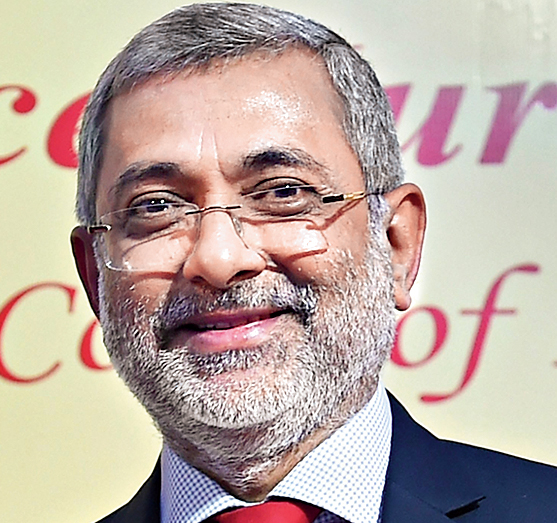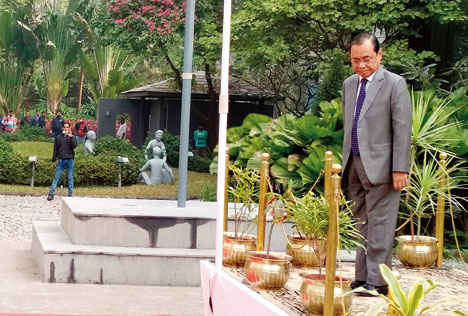Justice Kurian Joseph, who retired as a Supreme Court judge on Thursday, has asserted he has “no regrets” about joining three other senior judges in January to publicly air their grievances against then Chief Justice Dipak Misra.
In a landmark news conference on January 12, Justices J. Chelameshwar (now retired), Ranjan Gogoi (now Chief Justice), Joseph and Madan B. Lokur had accused Justice Misra of allocating key cases to favoured junior judges, ignoring the claims of their seniors.
“Why should there be any regrets? I have said it earlier too: I have no regrets,” Justice Joseph told a questioner during an informal interaction with reporters at his official residence on Friday, which happened to be his 65th birthday.
“You are putting a strange question. Whatever I did was done very consciously for a cause. It was done to put in a proper institutional mechanism,” he said.
“One person (Justice Misra) was taking decisions without consulting the other senior judges…. It was not just a question of the roster but of the larger issue of an unhealthy practice — of one individual taking decisions without consulting others.”
Asked why the aggrieved judges had not sought a full court meeting, he said such a request had been made repeatedly. “But he (Justice Misra) did not convene one. It is the CJI alone who can convene a meeting of the full court,” Justice Joseph said.
He said the issue the four judges had raised was an institutional one: “We wanted a proper committee to assist the CJI in administrative matters.”
Justice Joseph, however, said without elaborating that “the crisis is not fully over, but it has certainly brought some changes”.
Asked about Sabarimala devotees’ continuing defiance of the Supreme Court’s September 28 judgment quashing a ban on the entry of women in the “menstrual age”, Justice Joseph asserted that the apex court’s judgments are “binding” on all.
He, however, declined comment on individual cases like those involving the Sabarimala temple, the bull-taming game of jallikattu, the Cauvery water-sharing dispute or the Ayodhya title suit, where various groups have vowed to defy the judgments.
“I don’t want to comment on individual cases which are before the court. As far as the judiciary is concerned, once a judgment is pronounced it becomes the law of the land and is binding on all,” he said.
“If it cannot be implemented because of legal or technical problems, the implementing agency must come back to the court seeking clarification or modification of the order.”
The apex court had recently let off BJP parliamentarian Manoj Tiwari with a simple censure after he broke the locks on an illegal property in Delhi that the court had ordered sealed.
Jallikattu enthusiasts have openly flouted the Supreme Court’s ban on the sport (on the ground of animal cruelty) and the Tamil Nadu government claimed to have nullified it through state legislation.
Sangh parivar leaders, including a few Union ministers, have given a call to build a Ram temple on the disputed Ayodhya plot despite the case being pending with the apex court.
Asked whether there was political interference in judicial matters, Justice Joseph said: “Though there is no interference in judicial matters, when appointments and transfers of judges are delayed — it’s a form of interference in the judiciary.”
He said the apex court had approved a new memorandum of procedure for the appointment and transfer of judges but the government kept saying it wanted further changes to the draft.
“I have asked successive Chief Justices of India about the area of difference but nobody knows what the difference is with the government. As far as the (Supreme Court) collegium is concerned, there is no area of difference.”



.jpg)








